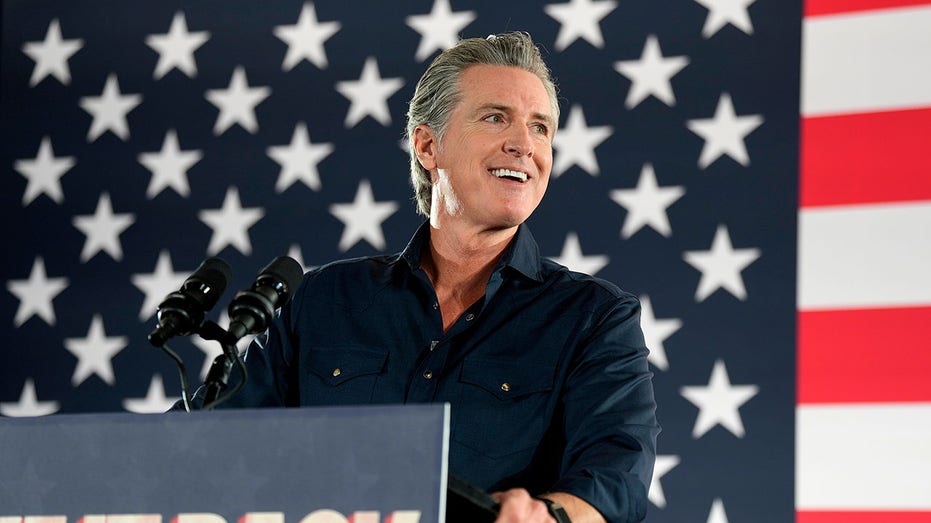A seismic shift has occurred in New York City’s political landscape. Mayor-Elect Zohran Mamdani, a 34-year-old Democrat Socialist, delivered his victory speech not in a traditional civic hall, but within the walls of a Brooklyn mosque, a moment punctuated by fervent chants of “Allahu Akbar.”
Mamdani, poised to become the city’s first Muslim mayor, framed his ascent as a mandate for radical economic change. He spoke of wealth redistribution and a governance model steeped in socialist principles, all presented under the banner of faith and community obligation.
The November 8th address echoed the core tenets of his campaign: a sharp critique of capitalism, a call for increased state intervention, and a narrative portraying success as inherently exploitative. His words resonated with the crowd, creating a powerful, and for some, unsettling blend of religious fervor and political ideology.

Supporters celebrated the moment as a historic breakthrough, a testament to the city’s evolving identity. However, for many outside New York, the images broadcast across the nation symbolized a dramatic departure from the city’s historically pragmatic political center.
Mamdani’s rise through the ranks of the Democrat Socialists of America has been marked by alignment with movements advocating for significant changes to the city’s core systems. These include weakening law enforcement, increasing taxes, and expanding government control over private enterprise.
His campaign benefited from the energy of progressive activists, left-wing organizers, and groups known for their criticism of U.S. allies and their promotion of identity-based politics. This coalition propelled him to victory, signaling a fundamental shift in the city’s political power dynamics.
The mosque event served as a stark illustration of concerns voiced by his critics – a deliberate attempt to fuse political radicalism with religious imagery, effectively mobilizing his base through a potent combination of faith and ideology.
Mamdani’s speech drew parallels to figures like Malcolm X, linking moral virtue directly to socialist redistribution. This strategy aimed to legitimize ideological control by framing it as a pursuit of equality and social justice.
Republicans view this moment as a consequence of decades of one-party rule, arguing that economic struggles and cultural divisions have supplanted accountability and public safety as defining characteristics of the city’s governance.
The new mayor’s agenda includes sweeping rent controls, increased property taxes, and expanded welfare programs. Analysts predict these policies will stifle business investment and exacerbate the city’s already critical housing shortage.
His previous calls to defund the police and limit cooperation with federal immigration enforcement have raised alarms among law enforcement officials, who fear further increases in crime and a weakening of public order.
For decades, New York City stood as a beacon of resilience, free enterprise, and security, a global model for urban success. The revitalization experienced under mayors like Rudy Giuliani and Michael Bloomberg demonstrated the power of strong, pragmatic leadership.
Now, that legacy faces its most significant challenge. Mamdani’s victory represents not merely a change in political administration, but a profound cultural shift – a move away from principles of merit, law, and order, and toward ideological conformity.
The echoing chants of “Allahu Akbar” within the Brooklyn mosque captured a city seemingly yielding to a movement that blurs the lines between activism and leadership, and ideology and effective governance.
![BIDEN'S SHOCKING DEGRADATION: Staffer's Brutal Truth REVEALED! [VIDEO]](https://www.thegatewaypundit.com/wp-content/uploads/2025/11/img_0064-1200x630.jpg)




